Introduction
Free applications entice smartphone users. However, this thirst for free software has created a shady app distribution sector. Wrecked APK was a major player, delivering premium stuff for free. This article explores Its emergence, operations, controversy, and collapse, illuminating the complex underground app distribution environment. The fight against unapproved app distribution won't go away as the digital world develops. Stakeholders may work together to create a more just and sustainable environment for the digital economy by supporting lawful means of content access, encouraging innovation, and protecting intellectual property rights.
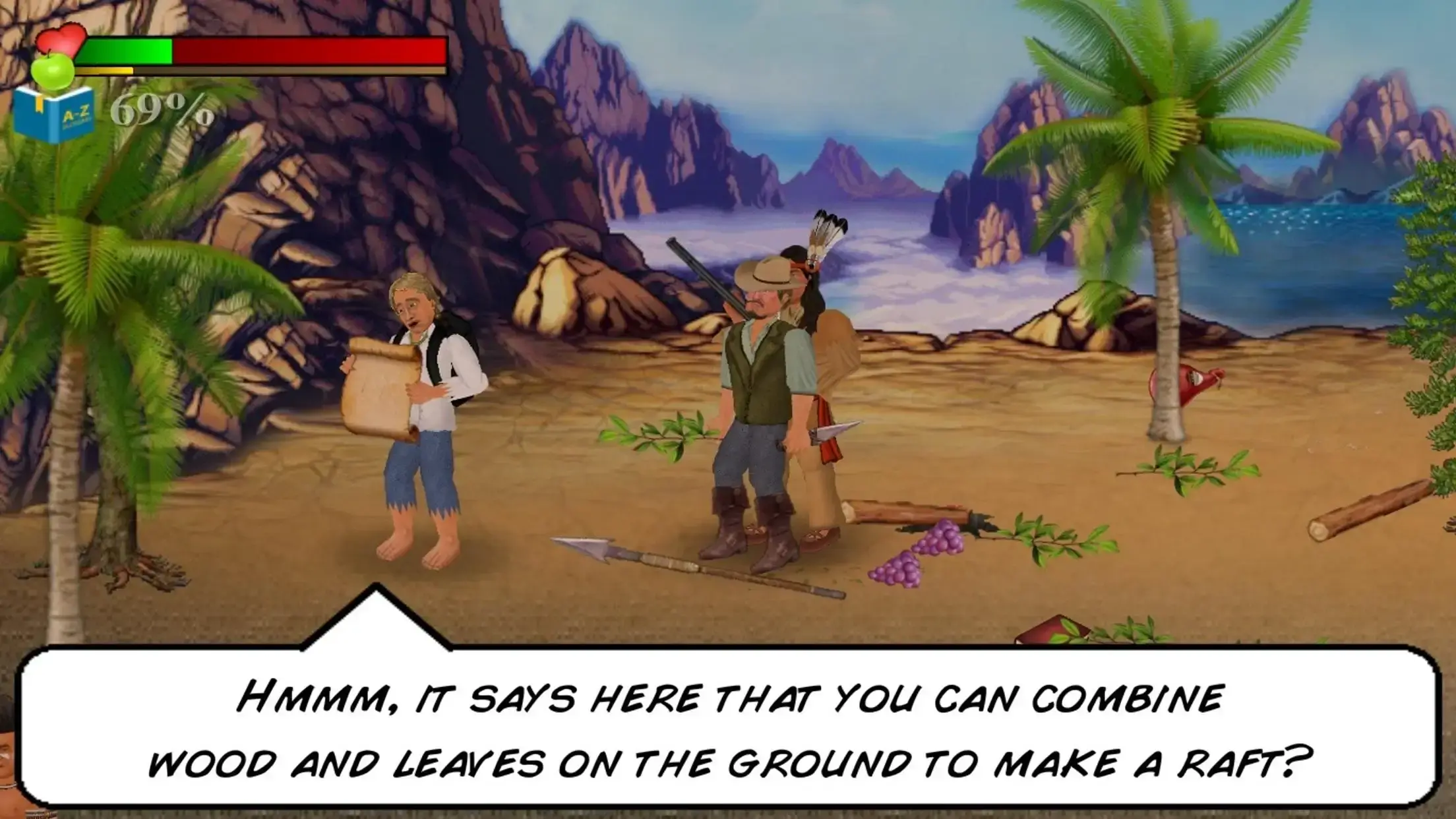
Understanding It
It was known for illegally distributing purchased apps and games from Apple's App Store and Google Play Store. Its simple but effective business strategy let consumers download modified APKs of popular games and apps for free without in-app purchases or subscriptions.
The Rise of It
The main reason It became popular was because it appealed to customers who were on a budget and wanted to watch quality material for free. Due to its user-friendliness and large selection of pirated games and apps, it gained a loyal following. Word-of-mouth advertising and global web forums boosted its appeal.
Operating Mechanisms
It ran on a decentralized network of contributors and servers in the background. Community developers were in charge of breaking limitations like in-app purchases and adverts from premium applications and games. Then, these altered versions were posted on specialized websites connected to It or shared on other file-sharing services. By downloading and installing these hacked APKs, users may circumvent the security protocols of legitimate app stores and use them on their smartphones.
Expanding on the Operations of It
It was a decentralized platform that relied on an online network of contributors and servers. The network was made up of programmers skilled in software cracking and reverse engineering, which allowed them to efficiently alter premium programs and games. Several It-affiliated channels posted these "cracked" or "patched" APKs.
Navigating the Legal Landscape
It struggled with legal issues. The operators of It were caught in a tangled web of litigation and regulatory scrutiny as copyright holders and legal agencies increased their anti-piracy operations. Cease-and-desist letters, court injunctions, and domain seizures plagued the site and eroded user trust.
User Risks and Security Concerns
Downloading and installing cracked APKs from It posed security risks. Cracked programs typically featured malware or flaws, unlike genuine app marketplaces. Community reports of malware-infected applications aroused concerns about identity theft, data breaches, and other cyber risks. Ethical Considerations The spread of It generated ethical issues beyond legal and security. Users were enticed to free premium material, yet their actions devalued creative effort and hurt app and content providers. The "getting something for nothing" culture of platforms like It undermined fair payments and IP rights.
Technological Arms Race
It and copyright holders played a technical arms race. As developers used more advanced methods to break apps and avoid detection, copyright holders strengthened their anti-piracy tactics and used DRM and app sandboxing. This struggle highlighted the changing nature of digital piracy and the difficulties of copyright enforcement in the digital era.
Impact on the App Ecosystem
It's spread of cracked apps has major effects on the app economy. Piracy hurts developers, especially independent artists and small studios, reducing income and innovation. Cracked versions degraded expensive applications' value and fostered a sense of entitlement among free-content consumers.
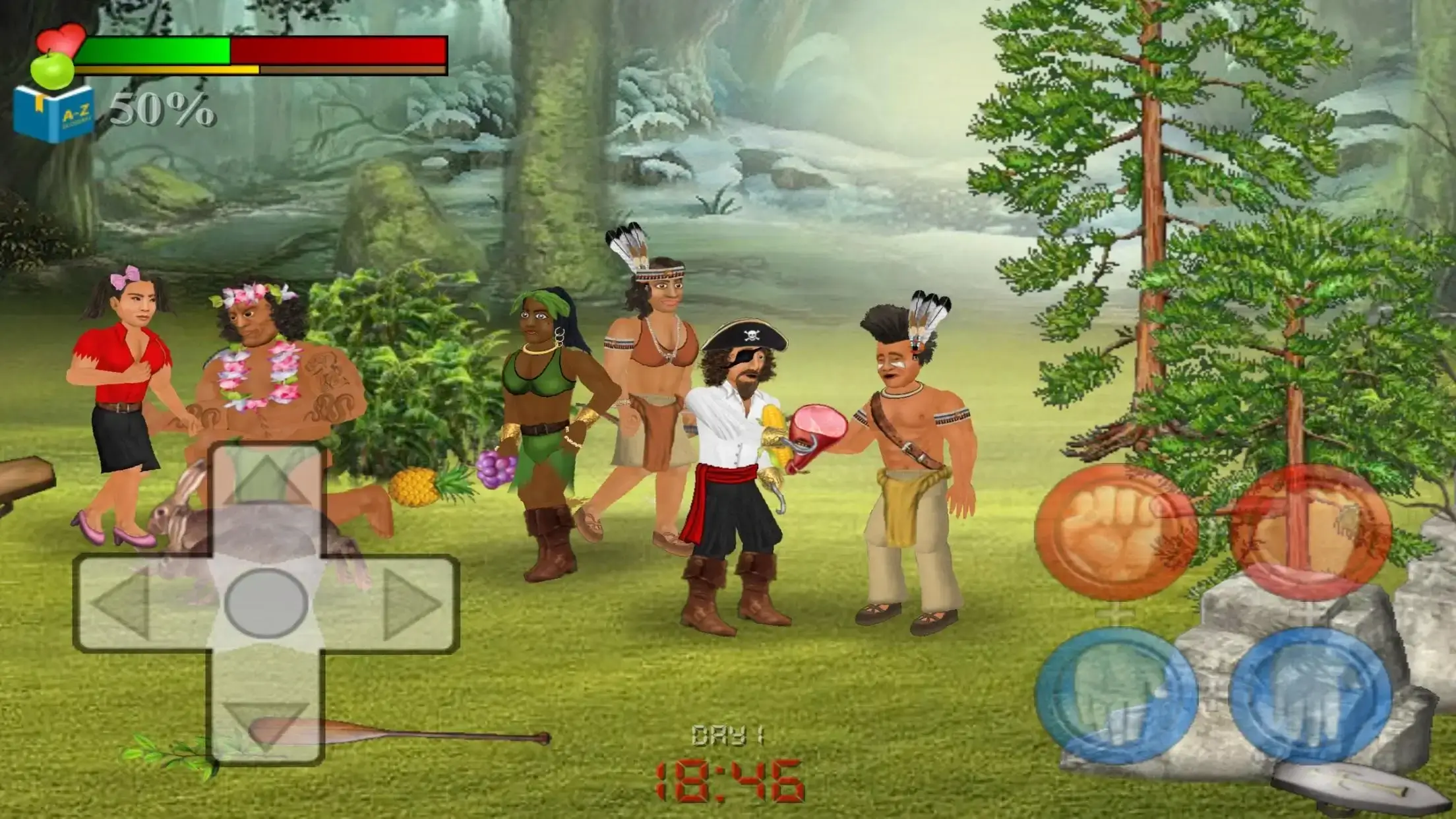
The Legacy of It
Even if It is gone, its legacy lives alive online. It warns against app piracy and its ethical, legal, and security implications. It also emphasizes the necessity for collaborative effort to promote intellectual property rights and sustainable digital content development and distribution.
Looking Ahead: Towards a Sustainable Future
As stakeholders consider its growth and fall, they may plan for the app ecosystem's future. Building a digital ecosystem that balances innovation, accessibility, and respect for creative work requires raising awareness of piracy, investing in intellectual property protection technologies, and encouraging collaboration between creators, platforms, and users. We can only preserve the digital content environment for future generations by working together.
Controversies Surrounding It
It was controversial despite its success. Copyright infringement and IP breaches were major problems. It enabled widespread piracy by distributing modified programs and games without permission, depriving developers of money. The security risks of cracked software were also significant. Modified APKs typically featured malware or backdoors, compromising user data and device security. Community reports of malware-infected programs raised concerns regarding its safety.
Legal Battles and Takedowns
As It gained popularity, legal authorities and copyright holders noticed. Its owners and contributors were sued for copyright infringement, piracy, and other infractions in many high-profile cases. Law enforcement worked with IT firms to find and take down illegal material servers. Domain modifications and server transfers didn't help It avoid attention and legal action. Domain seizures, cease-and-desist orders, and court injunctions forced it to hide online. It, like a resilient Hydra, resurfaced under numerous names to avoid police.
The Downfall of It
A number of causes contributed to its downfall despite its tenacity. Its user base decreased as a result of stepped-up legal crackdowns and raised user knowledge of the dangers of using cracked programs. Furthermore, It found it more difficult to function covertly as anti-piracy and app store security methods advanced. In the end, its failure can be linked to its unviable business strategy, which was predicated on copyright violations and piracy. It lost its ability to make money to maintain the infrastructure required for its continuous existence in the absence of a reliable source of income or a customer base prepared to fund its operations.
Lessons Learned and Implications
The emergence and collapse of It provides important context for understanding the intricate relationship that exists in the digital era between copyright enforcement, customer behavior, and piracy. It emphasizes how crucial it is to defend intellectual property rights while also tackling the root causes of piracy, namely content accessibility and price. In order to successfully tackle online piracy, parties such as technology firms, law enforcement agencies, and content providers must work together more, as demonstrated by the case of It. Through the utilization of technology advancements and regulatory structures, it is feasible to impede unlawful channels of distribution and safeguard the rights of producers and purchasers.
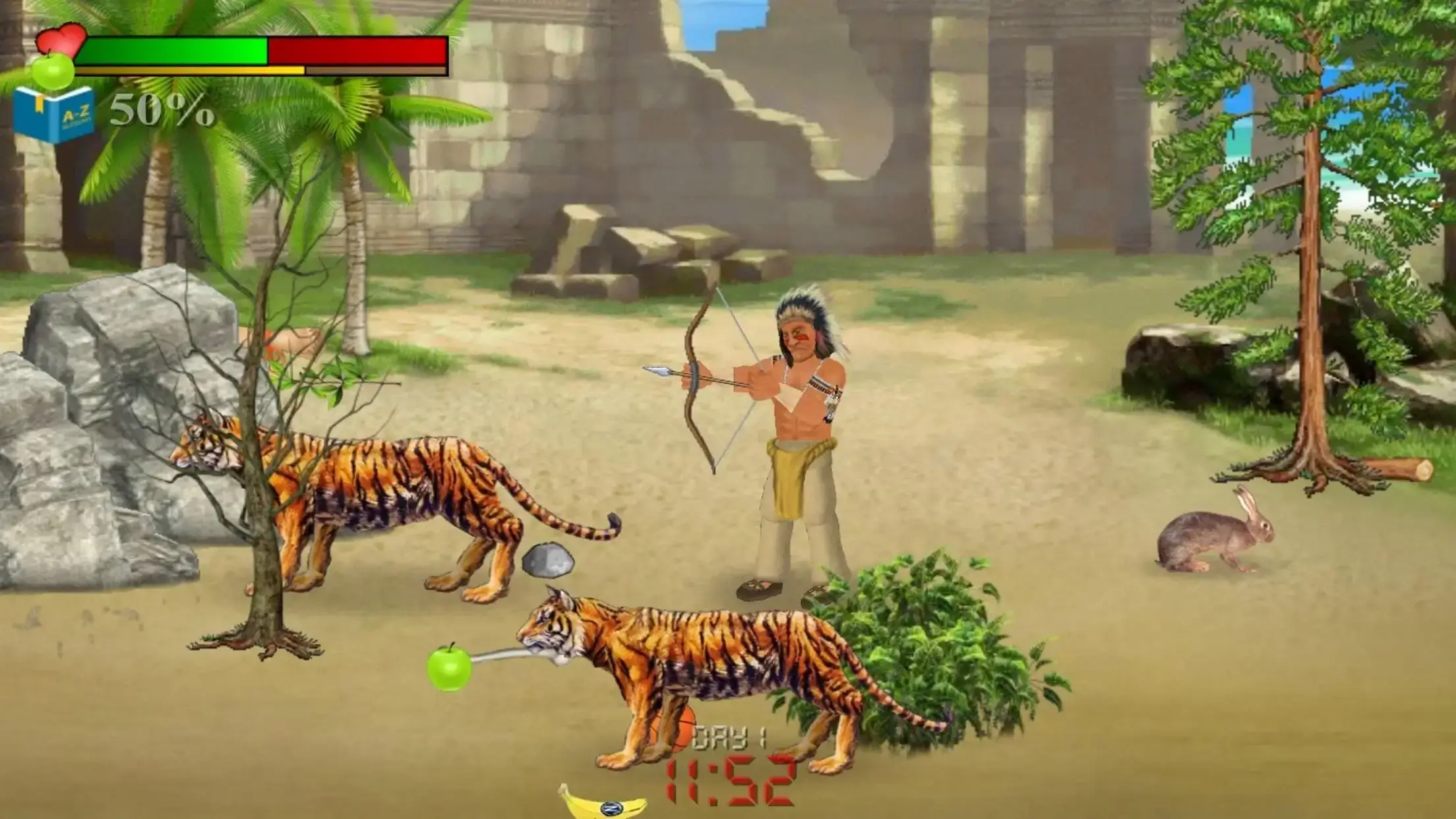
Conclusion
Wrecked MOD APK is a representation of the contradictory aspects of unapproved software distribution: the alluring offer of rich material for free, but also the moral and legal ambiguities it raises. Although it gave frugal customers a short-term break from paying app store fees, its eventual death serves as a warning about the dangers and repercussions of participating in piracy.
5.webp)

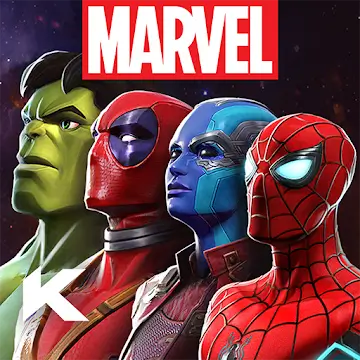

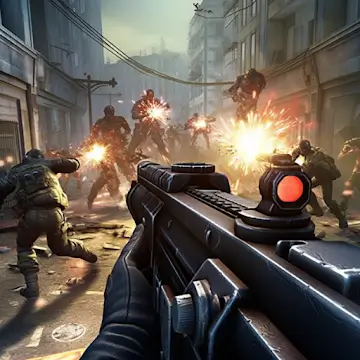
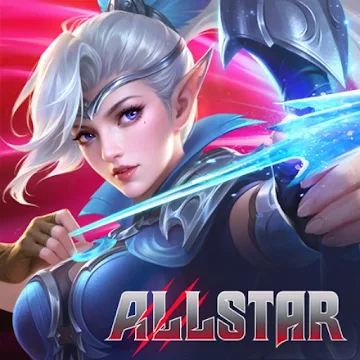
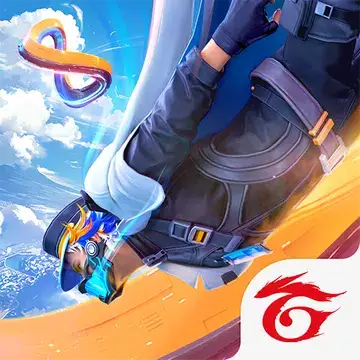



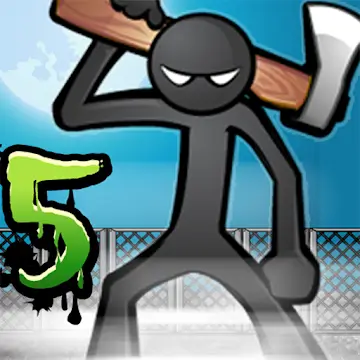
No comments found!